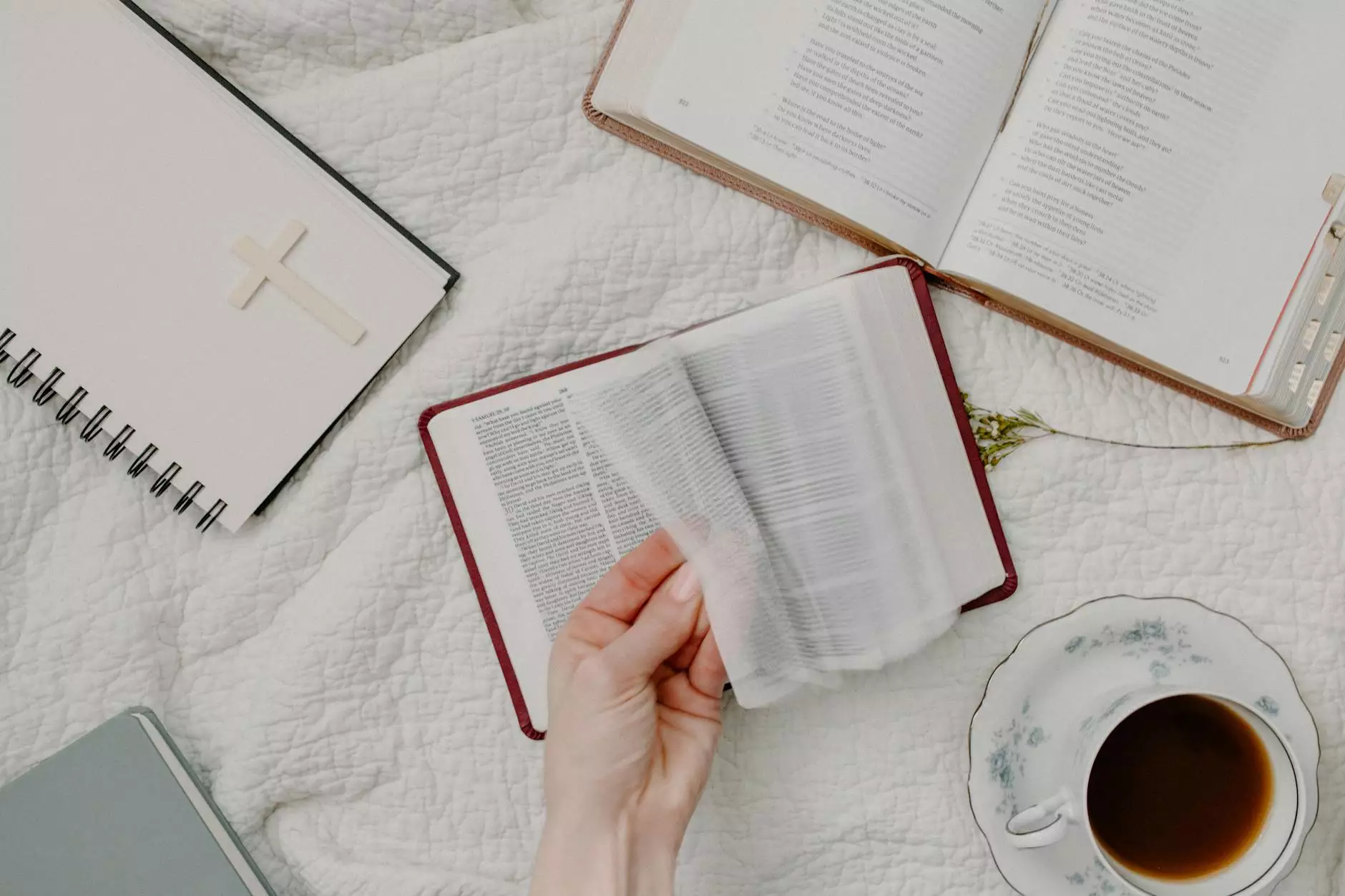Exploring the Impact of Black Churches in New York

The landscape of New York City is as diverse as its population, with many cultural and religious practices contributing to the rich tapestry of life in the Big Apple. Among these, Black churches in New York play a transformative role not only in the spiritual lives of their congregations but also in community building, activism, and cultural expression. In this article, we will delve into the profound impact these institutions have on the community, their historical significance, and the various initiatives they undertake to uplift and inspire their members.
The Historical Context of Black Churches in New York
The history of Black churches in New York dates back to the 18th century, rooted in the African American experience. These churches were initially formed as a response to the systemic exclusion of Black individuals from existing religious institutions. They became a refuge for spiritual expression and community support, fostering a sense of identity and belonging.
One of the earliest recorded Black churches in New York is the Abyssinian Baptist Church, founded in 1808. This iconic church not only served as a place of worship but also became a pivotal center for civil rights activism in the 19th and 20th centuries. Its leaders played essential roles in advocating for social justice, education, and economic independence for African Americans.
The Role of Black Churches in Community Development
Black churches serve as vital community hubs that go beyond religious services. They offer a wide range of support mechanisms aimed at improving the lives of their congregants and the broader community. Some of these initiatives include:
- Educational Programs: Many Black churches in New York run tutoring and mentorship programs for youth, focusing on academic achievement and personal growth.
- Food Assistance: In response to food insecurity, several churches operate food pantries and soup kitchens, providing nutritious meals to those in need.
- Health Initiatives: Church-led health fairs and wellness programs are prevalent, addressing issues like diabetes, hypertension, and preventative care within the community.
- Financial Literacy Courses: Understanding the importance of economic empowerment, numerous Black churches offer workshops to teach financial management and entrepreneurship skills.
Spiritual Guidance and Social Justice Advocacy
At the heart of every Black church in New York is a commitment to spiritual guidance intertwined with social justice advocacy. Pastors and church leaders often address pressing societal issues during services, emphasizing the importance of faith in action.
Many churches collaborate with local organizations to advocate for policies that promote equality, justice, and community upliftment. This alliance is particularly vital in a city where social disparities can be stark. From voting rights campaigns to police reform initiatives, Black churches are at the forefront, rallying their congregations to participate in social change.
Fostering Cultural Heritage through Worship
The rituals and practices within Black churches are rich with cultural heritage. Worship services often incorporate soul-stirring gospel music, vibrant praise dancing, and heartfelt prayers, creating an atmosphere of celebration and communal joy. These practices not only enhance the worship experience but also cultivate a profound sense of identity among members.
The music, especially, plays a crucial role in enhancing the spiritual atmosphere. Gospel choirs, often composed of talented singers from within the congregation, deliver performances that resonate deeply, providing both spiritual uplift and a celebration of cultural roots. Events such as choir competitions and cultural festivals held by these churches attract not only congregants but also individuals from the broader community.
Challenges Faced by Black Churches
While Black churches in New York significantly contribute to their communities, they face numerous challenges. Funding is often a critical issue, as many rely on donations and tithes to sustain their operations. Additionally, the rapid gentrification of neighborhoods can threaten the survival of some long-standing churches, as rising real estate costs push many congregants out of the community.
Furthermore, adapting to the digital age poses another challenge. In an era increasingly dominated by online presence and virtual interactions, many churches are working diligently to develop effective digital platforms for services and outreach to engage younger generations while maintaining their traditional values.
Building a Stronger Future
In light of the challenges, many Black churches in New York are looking toward the future with optimism and innovation. By embracing technology, engaging with the community through social media, and forming partnerships with local businesses, churches aim to enhance their outreach and impact. These efforts aim not only to sustain the church's mission but also to adapt to the evolving needs of their congregations.
New initiatives, such as community health screenings, digital outreach programs, and collaborative workshops with local artists and entrepreneurs, showcase the adaptability of these institutions. As they continue to serve their communities, Black churches are not merely places of worship but vital engines for social change and community resilience.
Conclusion: The Enduring Legacy of Black Churches in New York
The legacy of Black churches in New York is profound and multifaceted. As pillars of the community, they provide a sanctuary for spiritual growth, cultural expression, and social justice advocacy. They continue to navigate the challenges they face with resilience and creativity, remaining vital to the lives of many New Yorkers. Understanding the role of these institutions is essential not only for appreciating their impact but also for supporting their future endeavors in enhancing community wellbeing.
As you engage with your local community, consider visiting one of the many Black churches in New York to experience firsthand the warmth, strength, and unity that these institutions foster. Whether you seek spiritual guidance, community support, or simply wish to learn more about this vibrant aspect of New York culture, the doors of Black churches are open wide to welcome you.









